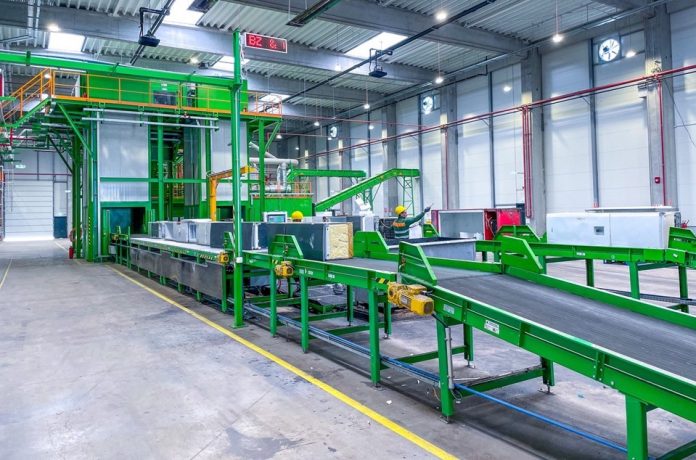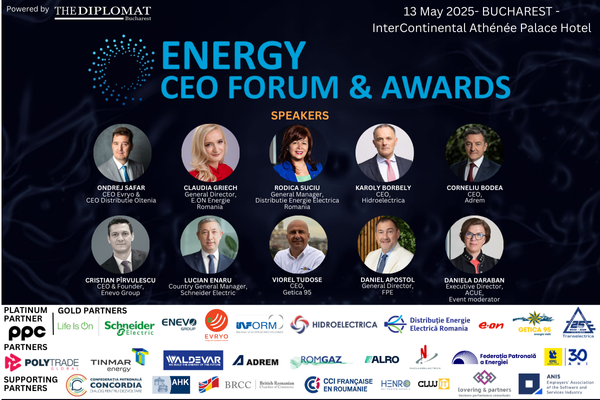Following the collection of over 1 million mobile phones, Green Group recovered 34 kg of gold, 350 kg of silver and 15 kg of palladium, materials that can be reused in other electronic or industrial products.
Following an analysis, the company specialized in recycling waste electrical and electronic equipment out of life shows that Romanian consumers are generally tempted to keep old, defective mobile phones but to throw small appliances in inappropriate places such as trash cans.
“Consumer behavior regarding the purchase of new electrical equipment differs from country to country, but in general there is a growth trend fueled by the rapid advance of technology and the frequent launch of new models. Electronic products have a variable service life depending on their type and quality. For example, mobile phones are replaced at short intervals, versus large appliances that have a longer lifespan. Some consumers may change products immediately after the warranty expires, either to take advantage of newer technologies or because of the outdated current product. The paradox in Romania is that we are tempted either to keep old phones when changing them, or to throw small appliances in the trash, which affects both the amount of equipment to be collected and the environment. We encourage consumers to recycle responsibly, to use separate collection points and not in the household trash bin,” Green Group PR manager Mihaela Sofronea told Agerpres.
After collecting more than 1 million mobile phones, the waste management and recycling operator managed to recover valuable components that can be reused in future electronics and home appliances.
“The age and wear of collected mobile phones can be critical factors in the recycling process. Older phones may contain older technologies and materials that are harder to recycle, and the degree of wear and tear can influence the quality of components. An important aspect of recycling mobile phones is treating lithium-ion batteries. Batteries have the potential to be hazardous to the environment and must be disposed of properly to prevent pollution. The recycling process of lithium-ion batteries is complex, the batteries are encapsulated and must be carefully extracted from each mobile phone. However, in the recycling process, attempts are made to recover as many components as possible. We find in their composition precious metals such as gold, silver and copper. They can be recovered and reused in other electronic or industrial products. Since the beginning of our activity, we have recycled over 1 million mobile phones, which means the recovery of over 34 kg of gold, 350 kilograms of silver, 15 kilograms of palladium,” Mihaela Sofronea added.
Green Group: 34 kg of gold, 350 kg of silver and 15 kg of rare metal recovered from one million recycled mobile phones
Published on




